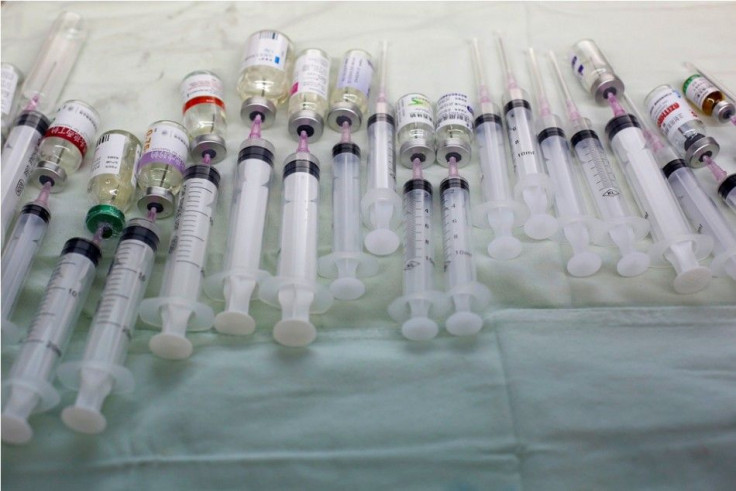Birth Control Shots Increase HIV Risk

Birth control injections moderately increase a woman's risk to HIV infection, research has found.
Some countries in sub-Saharan Africa, where HIV is more common, have considered stopping the use of contraceptive shots in family planning clinics. About 41 million women worldwide use these injections in many cases because it helps them control their fertility without their husband's knowledge.
The study, an analysis of 12 observational trials, says there is a 40 per cent increase in the risk of HIV infection in women using Depo-Provera compared to women using a non-hormonal contraceptive and those not practicing brith control. The authors of this analysis, from the University of Berkeley in California, have published their result in the journal Lancet Infectious Diseases. They say that the risk of each individual woman will depend on her risk level in general-without ingesting any sort of contraceptive. For some women, the risk of unwanted pregnancy and the possibility of death in areas where maternal mortality rates are high could outweigh the risks of contracting HIV.
For people in the sex trade, these results may be more alarming because they face a high risk of contracting HIV and would want to ward off unwanted pregnancies. Only two of the subjects tested were from this group; therefore, the results cannot be considered conclusive, according to the authors.
The injection depot medroxyprogesterone acetate (DMPA), more commonly called Depo-Provera, need not be removed from access in the population at large, said the lead researcher, because the results are not conclusive enough for that. Hence, they have classified the rise in risk as 'moderate.' If Depo-Provera were banned in developing nations where the risks from unwanted pregnancies are very high, the outcome could be a greater number of overall deaths among women in those countries.
In addition to studying Depo-Provera, the research examined other commonly prescribed forms of hormonal contraception such as the injectable norethisterone oenanthate, popularly known as NET-EN, as well as combined oral contraceptives and progestin-only pills. Other birth control methods did not appear to increase HIV infection risk for women.
The possible rise in HIV risk among women using contraceptive shots was first observed in 1991 and has been debated since.
The World Health Organisation advises that women with a high risk of HIV be told that the injections "may or may not increase their risk of HIV acquisition" and that couples be given access to alternative contraceptives.
To contact the writer, email: sonali.raj@gmail.com





















